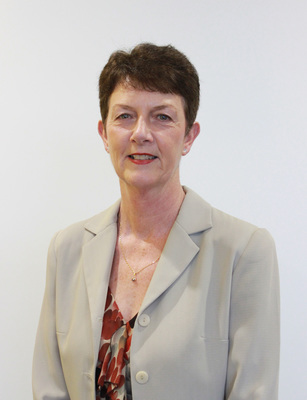By Abbey Cannan
Around 3510 Sunshine Coast locals are diagnosed with cancer each year, and about 1125 people die from the disease, new Cancer Council Queensland data shows.
Cancer Council Queensland’s Viertel Cancer Research Centre has released 2015 data and trends (the latest available from the Queensland Cancer Register) for incidence, survival, mortality and prevalence, providing the latest snapshot of cancer in Queensland.
Cancer Council Queensland CEO Ms Chris McMillan said the data showed the top five most commonly diagnosed cancers in the Sunshine Coast region are prostate cancer, melanoma, breast cancer, colorectal cancer and lung cancer.
“Over 530 local men are diagnosed with prostate cancer each year and sadly about 90 local men die from the disease,” Ms McMillan said.
“Melanoma is the second most common cancer in this region, with around 495 people diagnosed each year.
“About 420 women are diagnosed with breast cancer each year in the region, and around 410 locals are diagnosed with colorectal cancer.
“Lung cancer remains the region’s biggest cancer killer, with around 310 locals diagnosed each year and about 230 locals dying from the disease.”
Overall, the number of cancers diagnosed each year in Queensland has more than tripled in the last three decades, from 8298 cases in 1982 to about 27,788 cases in 2015.
Across all cancer types, the average five-year relative survival rate for 2011-2015 is 71 per cent, up from 69 per cent for the period of 2006-2010.
“While survival rates are improving, if current trends continue into the future, cancer will remain the leading burden of disease, impacting an increasing number of individuals and families, and placing an even greater burden on the community and the health system,” Ms McMillan said.
“We all have a role to play in cancer control through reducing our own personal risk of some types of cancer by making healthy lifestyle choices, enabling early detection by getting to know our bodies and participating in recommended screening programs, and supporting continued investment into cancer research and support services.”
The 2015 data is available online at cancerqld.org.au/qcsol.






